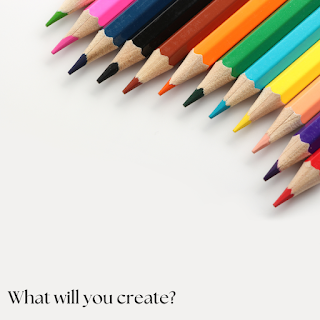So there's a lot of talk about "generative" AI. I think that's a misnomer. It's re-generative. It's not generating anything new. It might be even more appropriate to call it "regurgitative" AI, as it's digesting stuff and then bringing it back up in an altered form...
The Summer-Fall 2022 issue of The Authors Guild Bulletin included an article by Mary Rasenberger (the CEO of the Authors Guild) called "Artificial Intelligence: How Will Authorship Be Defined In An AI Future?"
These words, from the final paragraph, have been resonating with me since I first read it, and it seems worthwhile considering them as we head into 2024:
"Do we want humans or AI creating our literature and other arts? ... AI cannot feel, think, or empathize. It lacks the essential human faculties that move the arts forward. While it is remarkable that engineers could create a "new" Rembrandt that so closely resembles an authentic one, we do not need new Rembrandts; we need new art and literature to reflect where we humans are now, and where we might be going."
—Mary Rasenberger
I find in those words enormous inspiration, a call to creativity. Let's tap into the very things that make us remarkably human as we create works for kids and teens. Let's not regurgitate "new" classics, let's create new books that become classics—because of how human they are, how much they speak to kids and teens now, and how profoundly they give voice to each of us creators.
The advice has often been put in another way:
Tell the story in the way only YOU can tell it.
That's our voice - as writers, as illustrators*, we need to find our voice, and then tell stories in the way only WE can tell them.
And with that inspiration for your creative work ahead,
Illustrate, Translate, and Write On!
Lee
*Not to leave translators out. There's enormous creativity in translating, and two translators will create two different translations from the same text. But it seems that part of the art of translation is the effort to bring the original creator's voice to a new language while keeping not just the story but also the feel, the tone, and maybe we can use the word here, too: the voice of the original. Translation is fascinating, and if there's a translator reading this who wants to be a guest blogger about the art and craft of translating books for kids and teens, just reach out: leewind (at) roadrunner (dot) com


No comments:
Post a Comment